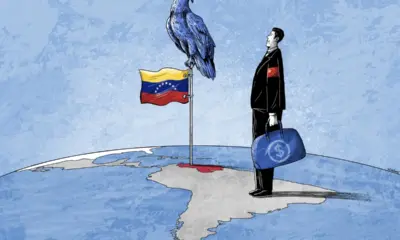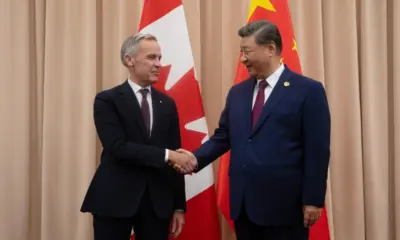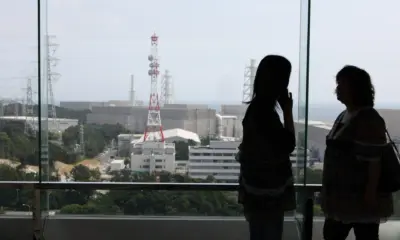News
Thailand Extradites Alleged Scam City Tycoon She Zhijiang to China

Thailand has extradited She Zhijiang, a Chinese businessman accused of running one of Southeast Asia’s most notorious online gambling and cyber scam networks, ending his prolonged legal fight to avoid being sent back to China.
She, who had been detained in Thailand since 2022, was escorted by security officers onto a flight bound for China on Wednesday after a Thai court upheld Beijing’s extradition request earlier this week. The decision marks a significant development in China’s campaign to dismantle cross-border criminal networks that have flourished in parts of Southeast Asia.
Thai authorities confirmed that She’s transfer was carried out under international legal cooperation protocols following years of legal proceedings. His extradition coincides with an important diplomatic moment, the upcoming visit of Thailand’s king to Beijing, the first by a reigning Thai monarch, which observers view as a signal of growing ties between the two countries.
Chinese prosecutors accuse She Zhijiang of running illegal online gambling operations and being involved in large-scale cybercrime syndicates that have defrauded thousands of Chinese citizens. He is also believed to have played a key role in developing Shwe Kokko, a controversial project in Myanmar near the Thai border.
Promoted as a luxury resort and investment hub for Chinese tourists, Shwe Kokko has been widely reported as a front for criminal activities including money laundering, human trafficking, and telecom fraud. The complex, built by She’s company Yatai International, features gleaming towers and casinos that stand in sharp contrast to the impoverished surrounding villages.
When the BBC visited the site earlier this year, the city appeared largely deserted, with few international visitors. Local residents told reporters that while some buildings were inactive, several scam operations continued to function behind closed doors.
Both the United Kingdom and United States have imposed sanctions on She and his company for alleged links to human rights abuses connected to forced labor and exploitation in the so-called “scam farms” run from the development.
In a rare interview from prison earlier this year, She denied involvement in criminal activities but admitted that illegal operators might have infiltrated Shwe Kokko. “Our company never accepted telecom fraud or scams,” he told the BBC. “But the city was open to anyone, so it is possible that some people came in for the wrong reasons.”
She’s downfall has drawn attention to the vast cybercrime networks operating across Southeast Asia, many of which target Chinese nationals through fake investment platforms and online scams. Beijing has launched multiple crackdowns in collaboration with neighboring governments, with arrests and extraditions increasing sharply in recent months.
With She now back in Chinese custody, authorities are expected to pursue additional investigations into the sprawling criminal web linked to his enterprises. For Thailand, the extradition represents a further deepening of judicial and diplomatic cooperation with China at a time when regional crime networks have become a shared security concern.






















